Last night, a buddy of mine said, “Hey, have you seen Long Weekend? It has a terrifying manatee in it!”
Since that is a sentence that I never expected to hear in this lifetime, I told him that I had not and we settled in to watch 88 minutes of strange Australian horror.
Being Australian, it has a dugong, not a manatee, but sure enough the sea cow in question did manage to make me jump out of my chair at one point, which is not too shabby for one of nature’s most notoriously harmless and soothing creatures.
The film also featured hostile possums and a satisfying variety of angry birds, along with the Australia-requisite menacing snakes and spiders. But sudden inexplicable animal behavior, though vital to the plot, is not the only scare factor in Long Weekend (which I should note here was released in the U.S. under the title Nature’s Grave, and should never be confused with the dumb Canadian comedy The Long Weekend. Also, I watched the 2008 remake, not the 1978 original.) The crux of nature’s revenge on our dreadful protagonists is that they get lost, and stay lost, leaving them psychologically broken and at the mercy of a world so outside their comfort zone that they bought ten thousand dollars worth of camping equipment to cope with it for three days. Landmarks go awry, distances change, trees and animals throw themselves in front of motor vehicles to cut off escape. These vacationers can check out of nature any time they like, but they can never leave.
This made me think back, oddly enough, to my childhood. There was an old apple orchard in the cow pasture on my parent’s farm. It was not really big enough to get lost in, unless you were a kid. Which I was. My mom, an instinctive pantheist, told us that there were faries in the orchard and that was why we would get turned around and not be able to come back out the way we went in. It was sort of a game, getting lost in there. It meant you’d been in contact with something otherworldly, and that was cool. Of course, it’s a lot more fun when you know your parents will be able to come and find you before dinner if need be.
So growing up in the kindly, settled east, the idea of being lost was more thrilling that terrifying — which makes me simultaneously more open to nature and, let’s face it, more naive. I’ve been “lost” in Prospect Park and Jamaica Bay to no worse consequence than sunburn and bug bites. Getting lost in, say, Glacier National Park is a very different thing — indeed, the search is on again this week for a missing hiker, with little prospect of finding him alive, and this seems like a sad summer ritual here.
At the same time, I feel like you have to be comfortable with getting a little lost to really get into birding. At least the way I bird. I often don’t know where I’m headed next. Getting off the beaten path, where it’s safe and legal to do so, is key. The walk in and the walk out often feel very different, if only because my attention is focused differently. Sometimes I go in circles, and that’s ok. There is a fine line between being lost and discovering, as there is between fear and awe. I’d like to think that were I in Long Weekend, aside from not arousing Nature’s wrath in the first place, I would have kept my head a bit longer than the protagonists. If I were lost for real, I might well die, but I’d try not to panic.
What’s the most lost you’ve ever been while birding?
Dugong photo via OpenCage.info







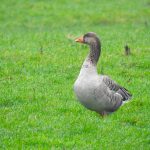
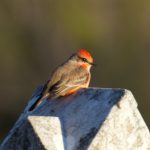
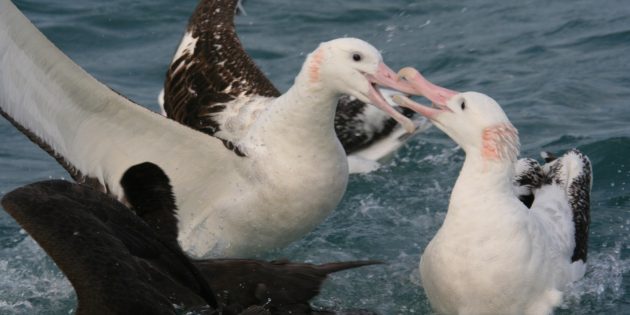

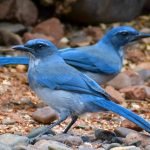
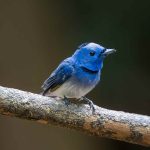
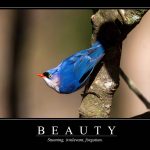
I’ve never really been lost. It’s okay to not always know where exactly you are, so long as you know how to get out if need be. I don’t consider this lost. Lost to me means wanting to return and not being able to, and that is something I have very happily never really experienced. I guess having walked the wilds where getting lost means certain death has made me very cautious, and I would never enter an area where my sense of direction might fail me. Even at the cost of not getting the bird.
“…one of nature’s most notoriously harmless … creature” Ha!! That made my morning! 🙂
Don’t really get “lost”, just not sure where I am. I still know which way is north, where the nearest road or lake is. Worst case though was in the Yukon. I was walking along a ridge top along a mountain chain. In returning I missed the proper way, and ended up at the top edge of a cliff.
From there I could see where I needed to be, but it wasn’t possible to get there from where I now was. It was already late, the walk back was at least 3 hours plus however long it would take me to retrace my route and figure out where I went wrong. If it hadn’t been for the long northern day (could still read outside at midnight), I’d have been trying to get down the mountain, followed by an hour walk through the lower elevation boreal forest, in the dark.